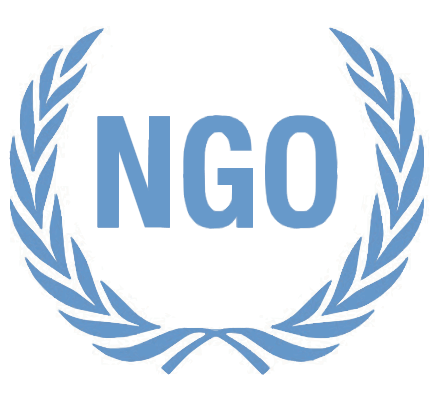WHY NGOs?
Non Governmental Organisations: Consumer Awareness and Education. In India, consumer protection is of supreme importance in view of increasing globalization and liberalization, which in turn increases the demand for a large variety of goods and services. NGOs can play a crucial role in assisting the consumer to settle their grievances arising out of commercial transactions. The need for the hour is to educate and lead the consumers with respect to redressal of their complaints.
Today, there are more than 300 voluntary organizations working in the area of consumer awareness in India. With the consumer protection efforts initiated by the Government like the infamous “Jaago Grahak Jaago”, such organizations have acquired a peak position in protecting and educating the consumer. The producers also lend an ear to the consumers’ complaints when voiced through NGOs. Appreciably, certain NGOs also resort to the medium of mass media to create a public opinion in case of problems on a larger scale, ultimately leading to the acknowledgment of such problems. Their role as an arbitrator between the consumer and the manufacturer for resolving old grievances is also evolving. They are usually acquainted with the procedure of settlement of consumer disputes which might be alien to ignorant consumers. Many organizations remain closely coordinated with manufacturers to initiate a settlement on mutual terms.
SOME ORGANISATIONS IN ACTION
The first organization to really sweep a change in Consumer Rights was the Consumer Management Society of India (CGSI). The Mumbai-based organization was started by nine housewives in 1966 with Mrs. Leela Jog as its Founder Secretary. The organization burst the notions of organizing seminars and conferences and resolved to work at ground level, testing and reporting the quality of items of daily use of harvest and cognizing consumer complaints. Society has expanded its branches in eight cities with education, exposure, and exhibitions as its main agenda. It publishes a magazine called ‘Keemat’ in English for consumer information.
The second consumer organization which made quite an impact is the Karnataka Consumer Services Society (KCSS) formed in 1970. The woman behind its birth was Mrs. Mandana who spread the word of Consumer Awareness Movement throughout the country at a time when the word ‘consumer’ was not familiar to many. Its contributions include hosting important seminars on consumers’ education in schools and has found a place on Prevention of Food and Drug Adulteration Committee and Karnataka Food and Civil Supplies Corporation.
Visaka Consumers Councils (VCC) started in 1973 in Visakhapatnam, Andhra Pradesh is yet another revolutionary consumer organization that has performed remarkably by addressing and resolving the plight of the poor ration card holders and LPG gas users, who had to stand in long queues because of negligent authorities.
Besides this, about 15 more organizations came up in Andhra Pradesh itself for taking up problems regarding unfair pricing and milk supply in different parts of the state.
The Consumer Education and Research Centre (CERC) set up at Ahmadabad in 1978 has incorporated legal machinery to protect consumer rights. Its recently launched Comparative Testing system seeks the comparative testing, ranking and evaluation of consumer products with a view to utilizing the results for consumer education.
GENERAL FUNCTIONS OF NGOs IN CONSUMER PROTECTION
- Seminars, Conferences and even talk shows on Television and Radio channels are the order of the day for such NGOs. This plays a significant role in drawing public attention towards issues being faced by consumers and how business firms are neglecting consumer interest.
- Publication and distribution of brochures, flyers, and advertisements enclosing consumer rights and responsibilities are regularly released.
- Quality tests are being conducted by the organization after which they release the result and educate the consumer with the quality of the product that consumers have been using for ages. The recent controversy on Maggi Noodles is a classic example of consumer awareness through quality tests.
- Consumer bodies also engage lawyers on a pro-bono basis or otherwise who provide legal advice to aggrieved customers, often helping them receive compensation for loss or damage.
- NGOs may also approach the Court themselves on behalf of general users rather than any individuals to achieve justice.
- The right to protest peacefully has been acknowledged as a fundamental right.[1]Thus many NGOs protest on various issues ranging from the adulteration of food to sale of a damaged product.
[1] WRIT PETITION (CRIMINAL) NO. 118 OF 2007.

